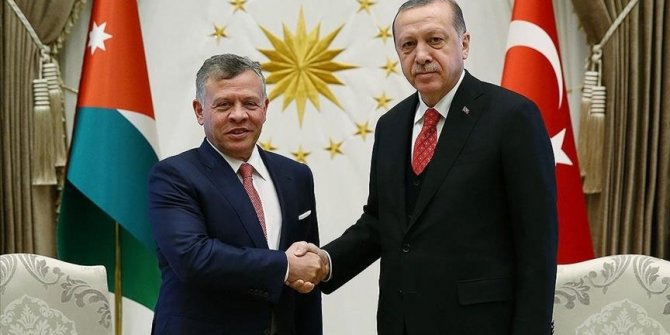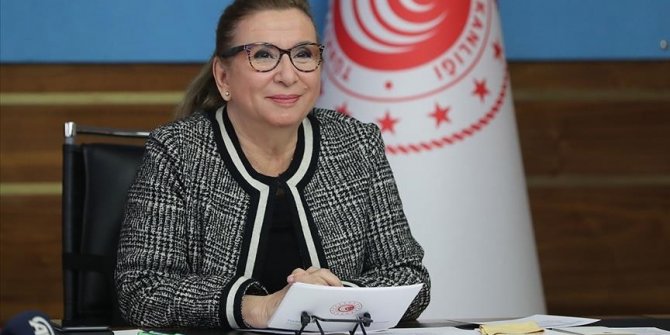Israel plans to deport foreign pro-boycott activists

Israel is planning to deport foreign activists involved in promoting an international boycott of Israeli goods, a government minister said Sunday night.
Public Security Minister Gilad Erdan issued a call on his Facebook page for Israelis to report anyone they believe has been working as an activist having entered Israel as a tourist.
He said together with Interior Minister Aryeh Deri a decision had been made to set up a taskforce for preventing the entry of pro-boycott activists and deporting those who had entered -- who are mostly thought to be active in the occupied West Bank.
Israeli newspaper Haaretz quoted an unnamed government official saying they were concerned about being seen as cracking down on human rights activists and would only deport those who were primarily engaged in promoting a boycott of Israel.
Neta Golan, from pro-Palestinian activist group International Solidarity Movement, defended the involvement of international volunteers in "non-violent resistance".
"We find that our presence sometimes results in reducing the level of lethal force used by the Israeli military against unarmed Palestinians,” Golan said.
“Further isolation of Palestinians by denying access and/or deporting human rights activists will mean that communities already vulnerable and suffering from abuse will be left even more vulnerable," she said.
The Boycott, Divestment, Sanctions (BDS) movement was founded by Palestinian organizations and has grown into a global movement advocating for an economic, cultural and academic boycott of Israel until it withdraws from territories occupied in the 1967 Arab-Israeli war.
Much of Israeli foreign policy has been dedicated to countering the campaign's momentum by requesting foreign governments do not allow such boycotts, especially in public institutions.
This led to a significant, but temporary, fallout with the European Union last year when it passed guidelines stipulating any goods from Israeli settlements in occupied territories must be labeled as such -- a move seen by Israel as facilitating the boycott.
Last month, Israeli Prime Minister Benjamin Netanyahu said that his government had "beaten" the global movement to boycott Israeli goods.









